2004 Mazda B3000 Brake Rotors and Pads
Click here to search another vehicle
All Rotors:
OEM x
Coated x
Drilled, Slotted and Coated x
Front x
Rear x
All Pads:
Ceramic x
Semi-metallic x
Front x
Rear x
Found 9 record
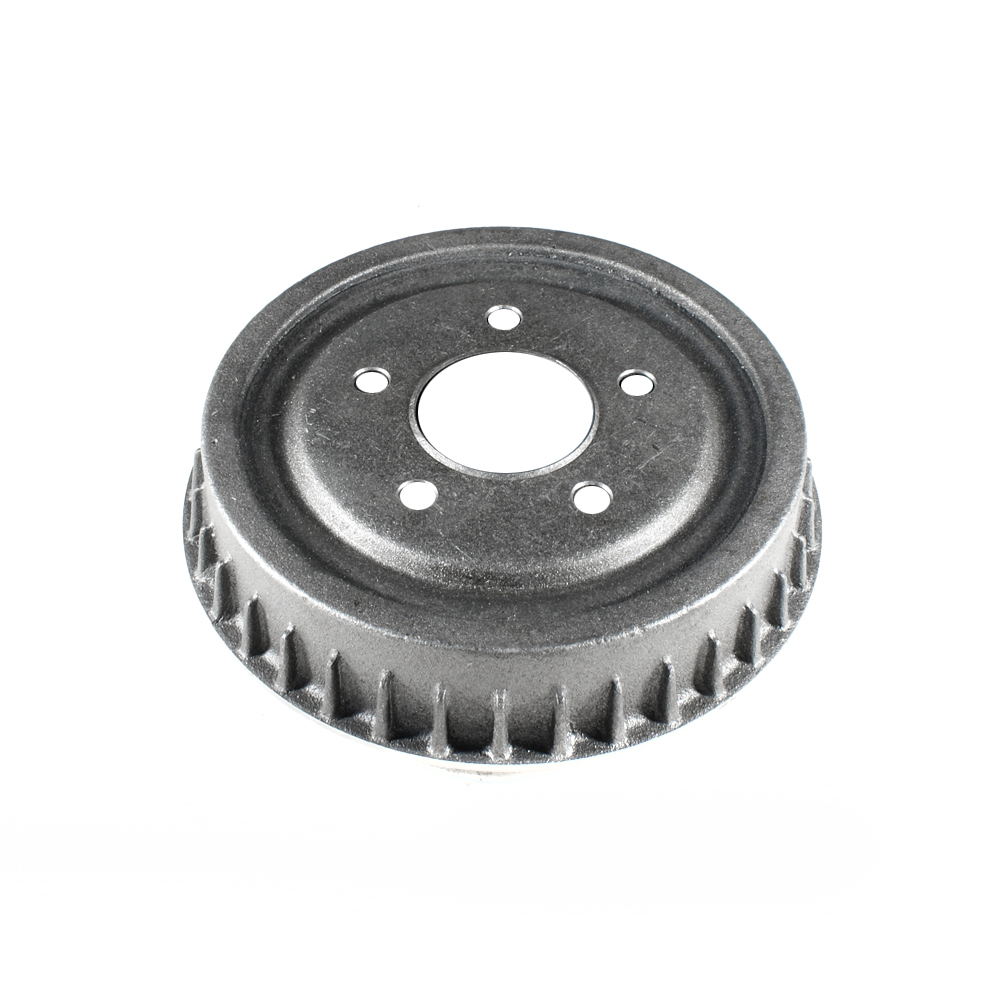
Part No: BD80036
Raybestos: 9651
OE: F87Z1126BA
Raybestos: 9651
OE: F87Z1126BA
$38.84 each
Per Car QTY: 2
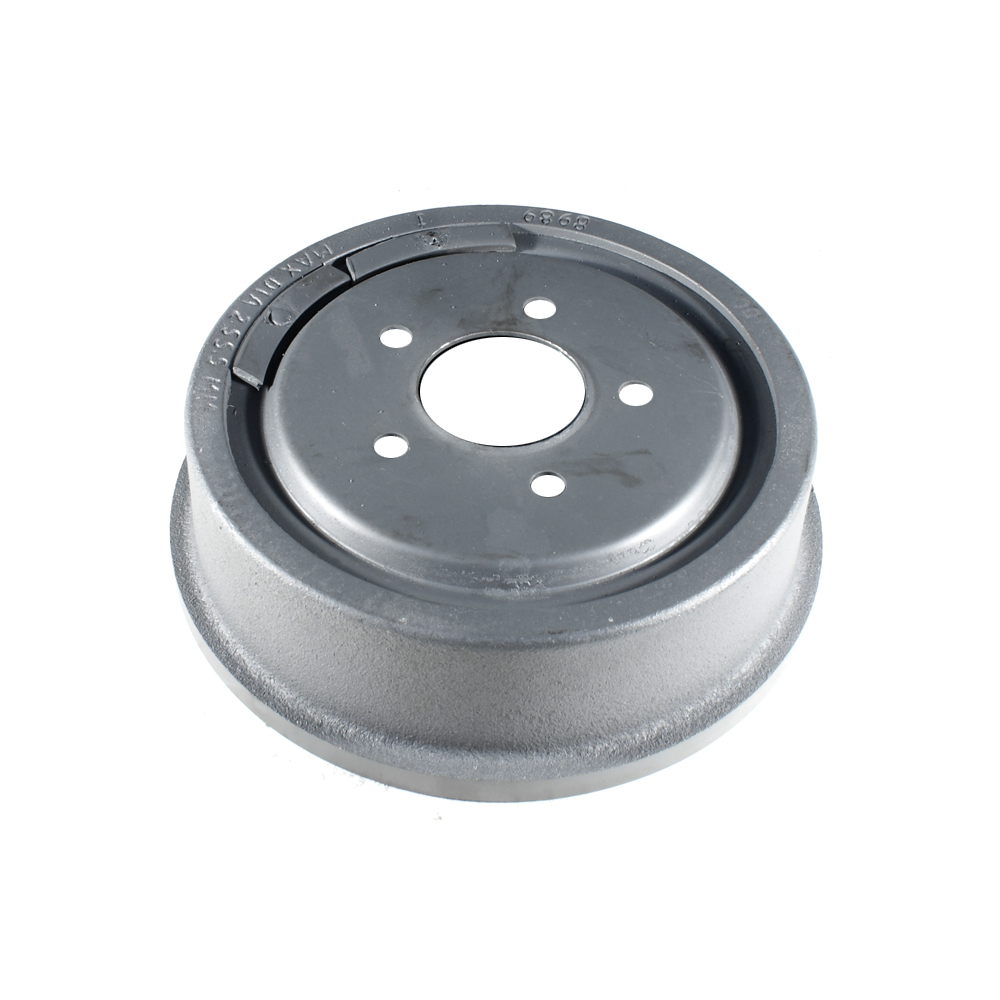
Part No: BD8989
Raybestos: 9498
OE: F07Z1126A
Raybestos: 9498
OE: F07Z1126A
$54.41 each
Per Car QTY: 2
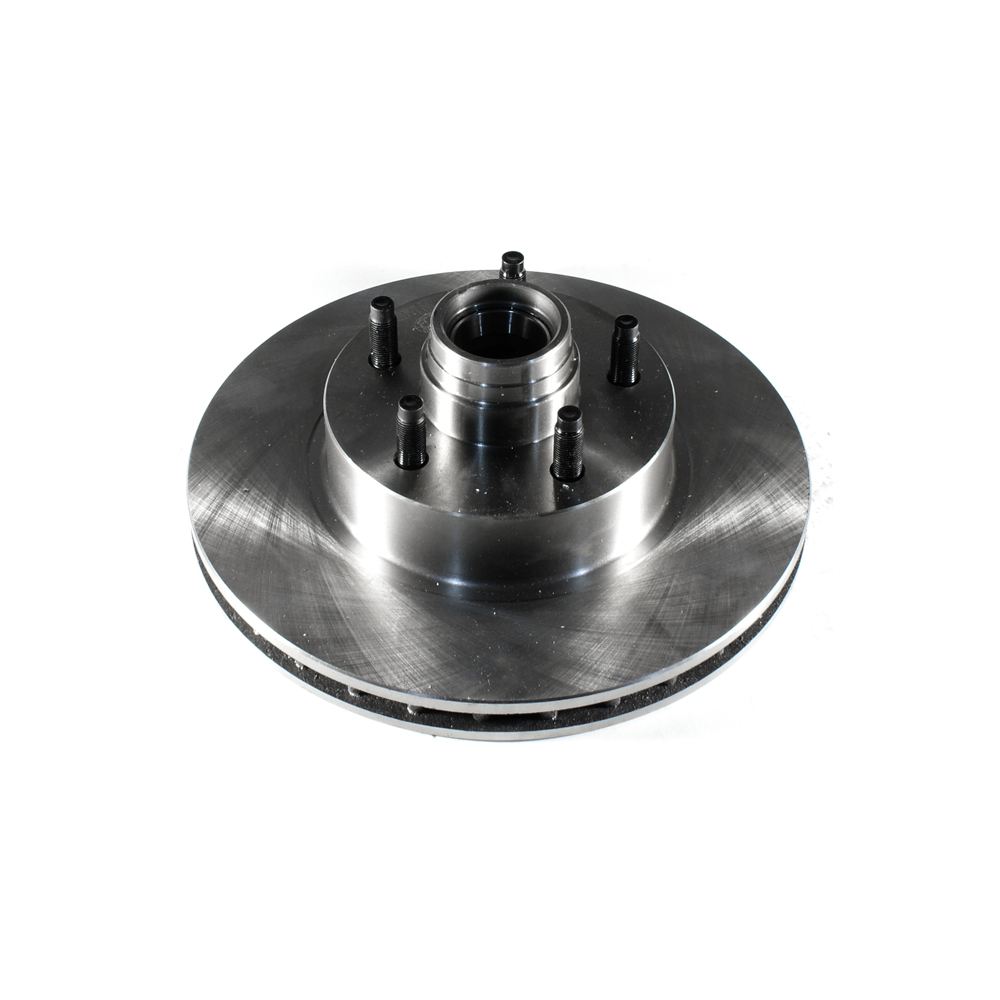
Part No: BR54029
Raybestos: 66597
OE: F5TZ1102H
Raybestos: 66597
OE: F5TZ1102H
$68.11 each
Per Car QTY: 2
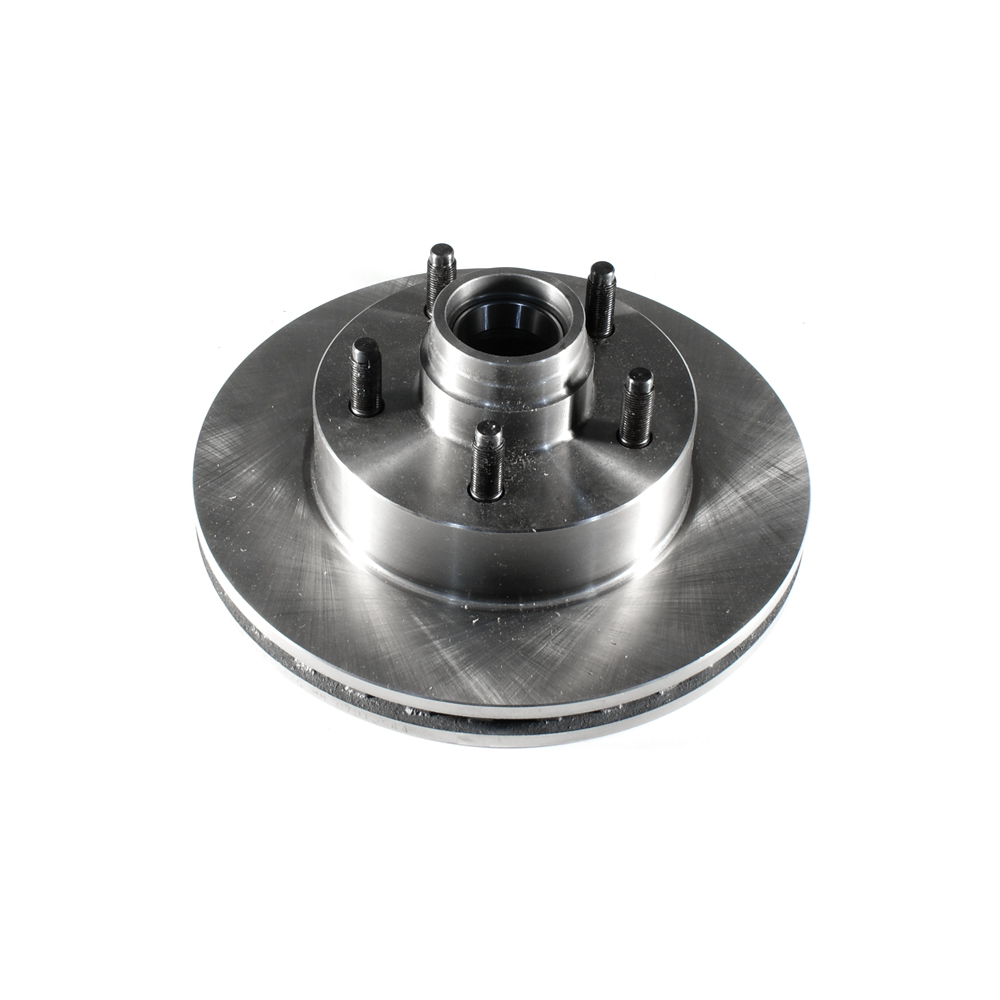
Part No: BR54059
Raybestos: 66673
OE: F87Z1102CB
Raybestos: 66673
OE: F87Z1102CB
$51.46 each
Per Car QTY: 2
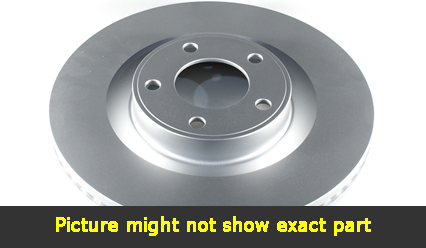
Part No: PP54029
Raybestos: 66597
OE: F5TZ1102H
Raybestos: 66597
OE: F5TZ1102H
$80.42 each
Per Car QTY: 2
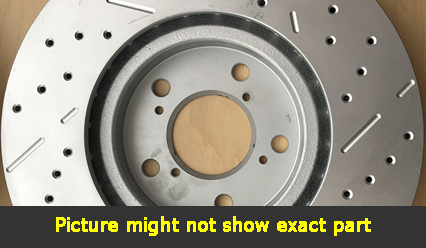
Part No: SP54029L
Raybestos: 66597
OE: F5TZ1102H
Raybestos: 66597
OE: F5TZ1102H
$116.87 each
Per Car QTY: 1
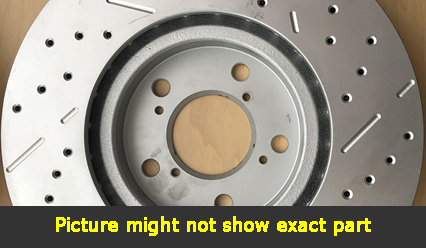
Part No: SP54029R
Raybestos: 66597
OE: F5TZ1102H
Raybestos: 66597
OE: F5TZ1102H
$116.87 each
Per Car QTY: 1

Part No: PD833C
Raybestos: 833
OE:
Raybestos: 833
OE:
$35.41 each
Per Car QTY: 1
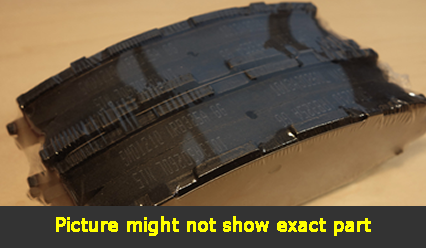
Part No: SMD833
Raybestos:
OE:
Raybestos:
OE:
$22.63 each
Per Car QTY: 1
The brakes are one of the most critical components of any vehicle. They play a crucial role in ensuring your safety and the safety of others on the road. If you own a 2004 Mazda B3000, it is essential to have a good understanding of your brake system and maintain it properly.
The brake system of the 2004 Mazda B3000 consists of several components that work together to ensure effective stopping power. In this article, we will dive deeper into the brake system of this particular Mazda model and discuss the importance of regular brake maintenance.
The brake system of the 2004 Mazda B3000 includes brake pads, rotors, calipers, brake lines, and the master cylinder. When you press the brake pedal, hydraulic pressure is created, which activates the calipers to squeeze the brake pads against the rotors, generating friction that slows down or stops the vehicle.
Brake pads are a crucial part of the system, as they are responsible for creating the necessary friction to stop the vehicle. Over time, brake pads wear down and need to be replaced. Regular inspections are essential to check the thickness of the brake pads and ensure they are still effective.
Rotors, on the other hand, provide a smooth surface for the brake pads to make contact with. Over time, rotors can become warped or develop grooves, reducing their efficiency. If you experience any pulsation, vibrations, or squeaking noises when applying the brakes, it may be a sign that the rotors need to be resurfaced or replaced.
Calipers are responsible for controlling the pressure applied to the brake pads. A malfunctioning caliper can cause uneven braking and reduce the overall effectiveness of the brake system. Regular inspections of the calipers are necessary to check for any leaks or signs of damage.
Brake lines play a crucial role in transmitting hydraulic pressure from the master cylinder to the calipers. Over time, brake lines can become corroded or develop leaks, leading to a loss of brake fluid and reduced braking performance. Regular inspections are necessary to ensure the brake lines are in good condition.
The master cylinder is the heart of the brake system. It converts the force applied to the brake pedal by the driver into hydraulic pressure that activates the calipers. Regular maintenance of the master cylinder, including checking the fluid level and replacing it if necessary, is essential to ensure proper brake system function.
To maintain the brake system of your 2004 Mazda B3000, it is crucial to follow the manufacturer's recommended maintenance schedule. This typically includes regular inspections, brake pad replacements, rotor resurfacing or replacement, and fluid changes.
If you notice any signs of brake system malfunction, such as reduced stopping power, unusual noises, or vibrations, it is essential to have your vehicle inspected by a qualified mechanic. Ignoring these symptoms can lead to further damage and compromise your safety on the road.
In conclusion, the brakes of your 2004 Mazda B3000 are a critical safety component that require regular maintenance and attention. Understanding the various parts of the brake system and their function can help you identify potential issues and take appropriate measures to address them. Keep your brake system in top condition to ensure your safety and the safety of others while driving.
The brake system of the 2004 Mazda B3000 consists of several components that work together to ensure effective stopping power. In this article, we will dive deeper into the brake system of this particular Mazda model and discuss the importance of regular brake maintenance.
The brake system of the 2004 Mazda B3000 includes brake pads, rotors, calipers, brake lines, and the master cylinder. When you press the brake pedal, hydraulic pressure is created, which activates the calipers to squeeze the brake pads against the rotors, generating friction that slows down or stops the vehicle.
Brake pads are a crucial part of the system, as they are responsible for creating the necessary friction to stop the vehicle. Over time, brake pads wear down and need to be replaced. Regular inspections are essential to check the thickness of the brake pads and ensure they are still effective.
Rotors, on the other hand, provide a smooth surface for the brake pads to make contact with. Over time, rotors can become warped or develop grooves, reducing their efficiency. If you experience any pulsation, vibrations, or squeaking noises when applying the brakes, it may be a sign that the rotors need to be resurfaced or replaced.
Calipers are responsible for controlling the pressure applied to the brake pads. A malfunctioning caliper can cause uneven braking and reduce the overall effectiveness of the brake system. Regular inspections of the calipers are necessary to check for any leaks or signs of damage.
Brake lines play a crucial role in transmitting hydraulic pressure from the master cylinder to the calipers. Over time, brake lines can become corroded or develop leaks, leading to a loss of brake fluid and reduced braking performance. Regular inspections are necessary to ensure the brake lines are in good condition.
The master cylinder is the heart of the brake system. It converts the force applied to the brake pedal by the driver into hydraulic pressure that activates the calipers. Regular maintenance of the master cylinder, including checking the fluid level and replacing it if necessary, is essential to ensure proper brake system function.
To maintain the brake system of your 2004 Mazda B3000, it is crucial to follow the manufacturer's recommended maintenance schedule. This typically includes regular inspections, brake pad replacements, rotor resurfacing or replacement, and fluid changes.
If you notice any signs of brake system malfunction, such as reduced stopping power, unusual noises, or vibrations, it is essential to have your vehicle inspected by a qualified mechanic. Ignoring these symptoms can lead to further damage and compromise your safety on the road.
In conclusion, the brakes of your 2004 Mazda B3000 are a critical safety component that require regular maintenance and attention. Understanding the various parts of the brake system and their function can help you identify potential issues and take appropriate measures to address them. Keep your brake system in top condition to ensure your safety and the safety of others while driving.


